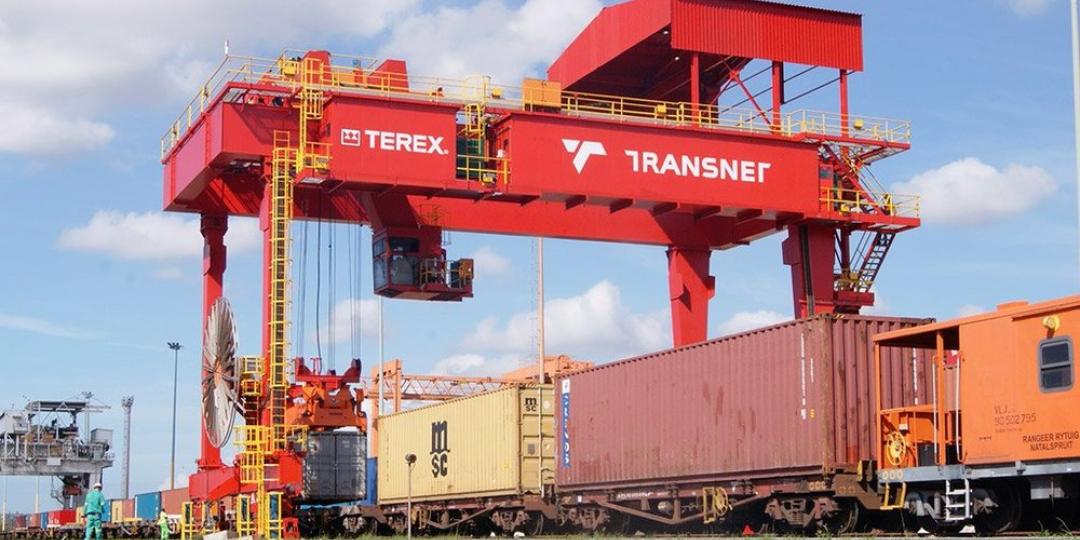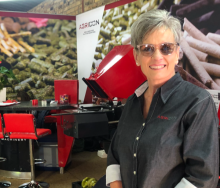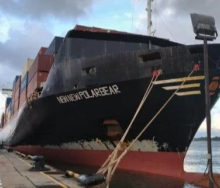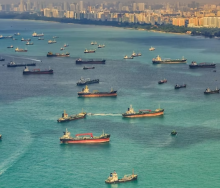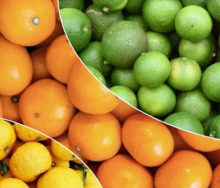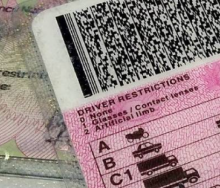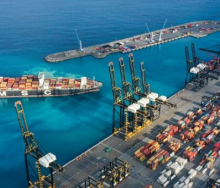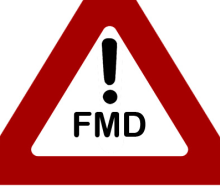Transnet Port Terminals (TPT) has cleared all backlogs at its terminals at the Port of Cape Town after the national strike by thousands of port workers brought the country’s ports to a standstill, the parastatal announced on Thursday.
TPT spokesperson Ayanda Shezi said that the parastatal had worked to clear the backlogs ahead of the upcoming deciduous fruit season, after employees returned to work on October 17.
“With 100% of the workforce back, the terminals have berthed the last two vessels that were at anchorage and will now focus on new vessels calling at the Cape Town Container Terminal,” Shezi said.
“As part of the recovery plan, ahead of the deciduous fruit season which starts in mid-November, the Cape Town Container Terminal will utilise a three-berth operation, operating at full capacity to ensure vessels are turned around timeously,” Shezi said.
She added that TPT had also taken delivery of an additional ship-to-shore (STS) crane and successfully handed it over to operations in preparation for the upcoming season.
“This will equip the terminal with maximum crane deployment to improve ship working hours, which will boost productivity and enhance service provisioning to customers.
“Transnet is encouraged by the swift manner in which backlogs were cleared and is set to continue in this positive vein to ensure the deciduous fruit season is successfully executed.”
She added that Transnet, through the Transnet National Ports Authority (TNPA), was continuing to “strategically reposition” its Western Region ports - Cape Town, Mossel Bay and Saldanha - to efficiently facilitate trade, enabled by a capital investment programme for infrastructure development.
“TNPA is intentional about prioritising capital projects that will create future capacity whilst not neglecting the immediate needs required to enhance port efficiencies. For the 2022/23 financial year, the Western Region’s capital investment programme has an allocation of R260.4 million to the Port of Cape Town, R10.2m to the Port of Mossel Bay, and R182m to the Port of Saldanha,” Shezi said.
Services at the Ports of Mossel Bay and Saldanha have been extended, and they now have Port of Entry status, which takes effect from November 1.
“The Port of Entry status will contribute positively to the cruise tourism industry, particularly expedition luxury cruises that would want to call only on smaller ports, and passenger vessels. The ports are finalising the provision of facilities to enable and manage the full Port of Entry Status,” Shezi said.
